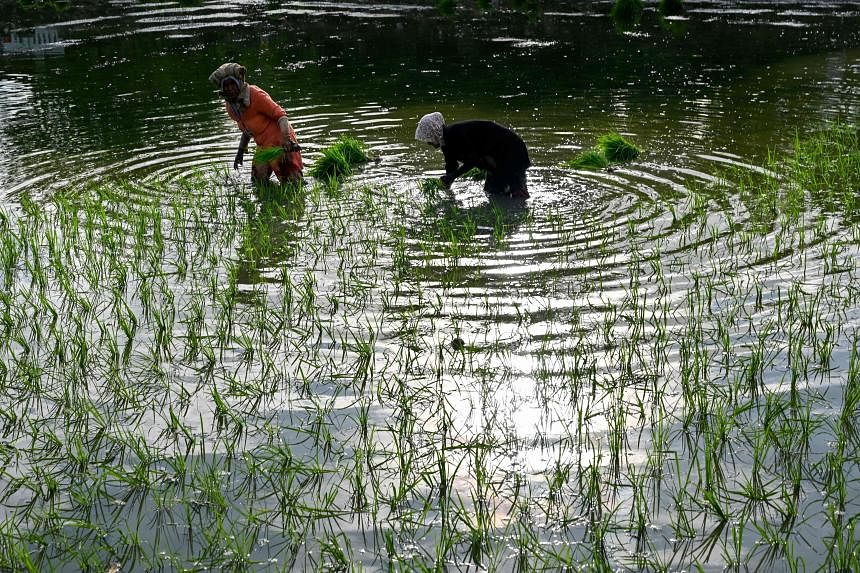In a column in the American newspaper, Ehud Barak, Tamir Pardo, David Grossman and others tell Congress that the prime minister 'does not speak for us'; They call Netanyahu"the main obstacle" to ending the war and returning the hostages
Ahead of Prime Minister Benjamin Netanyahu's speech to the U.S. Congress , which is scheduled to take place at the end of next month, a number of prominent Israeli figures appealed to the members of Congress saying that "Congress has made a terrible mistake."
In a column in the New York Times, written among others by former Prime Minister and former Defense Minister Ehud Barak and former Mossad head Tamir Pardo, they wrote that American lawmakers "should ask Mr. Netanyahu to stay home
The column, titled "Netanyahu does not speak for us. Congress should disinvite him", calls on members of the U.S. Congress to cancel the prime minister's speech, which according to the authors is the "main obstacle" to ending the war and returning the hostages. Along with Barak and Pardo, the column is also signed by Israel Prize winner author David Grossman, Nobel Prize winner in chemistry Professor Aharon Ciechanover, President of the Israeli National Academy of Sciences Professor David Harel and attorney Talia Sasson, who previously worked at the State Attorney's Office. Most of the writers come from the opposite side of Israel's political spectrum.

Prime Minister Benjamin Netanyahu addresses a joint session of the U.S. Congress in 2015
(Photo: AFP)
The authors explain that "Netanyahu's appearance in Washington will not represent the State of Israel and its citizens, and it will reward his scandalous and destructive conduct toward our country." They add that Netanyahu has failed to present a plan for 'the day after' the war and to release the hostages, and that an invitation to address Congress should have been contingent on calling new elections.
According to them, Prime Minister Netanyahu is, despite the war, "pushing forward with a remaking of Israel as if nothing has changed." They write that: "Above all, many Israelis are convincedf that Mr. Netanyahu has obstructed proposed deals with Hamas that would have led to the release of the hostages in order to keep the war going and thus avoid the inevitable political reckoning he will face when it ends."
The writers also emphasized that most Israelis call for immediate elections, or at the very least for elections at the end of the war. "A large portion of Israelis have lost faith in Mr. Netanyahu's government," the column states.
They claim that the speech, which they say is a reward for Netanyahu, "will be carefully stage-managed to prop up his shaky hold on power and allow him to boast to his constituents about America's so-called support for his failed policies."
At the same time, in Washington, the voices of Democratic lawmakers calling for a boycott of Netanyahu's expected speech next month are increasing, while in the background he continues the public confrontation with the United States, claiming that there has been a "dramatic" reduction in the supply of weapons to Israel.
The last time Netanyahu was invited to speak before a special session of the U.S. House of Representatives and Senate, in 2015, almost 60 Democratic lawmakers boycotted the speech in which he attacked the nuclear agreement that then-President Barack Obama was about to sign.
Now, in his expected speech to Congress on July 24, the number of absent lawmakers is likely to be much higher, according to the Associated Press. However, according to the report, many of the Democrats are still debating, and are "torn" between their long-standing commitment to Israel's security and their opposition to the way Israel - under Netanyahu's leadership - is conducting the war in Gaza.








